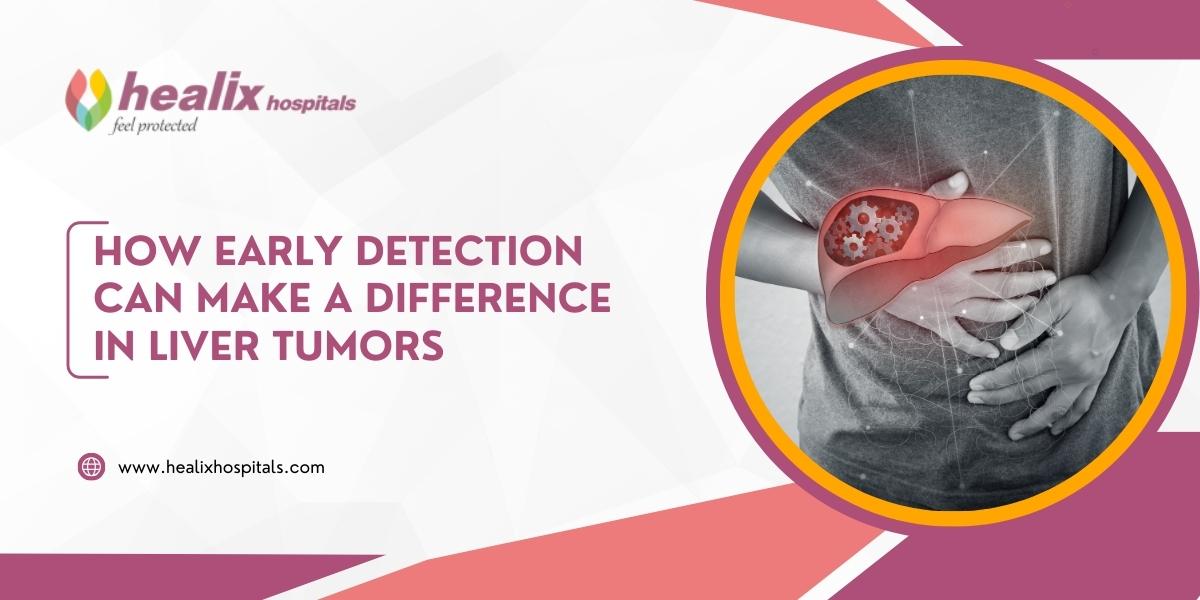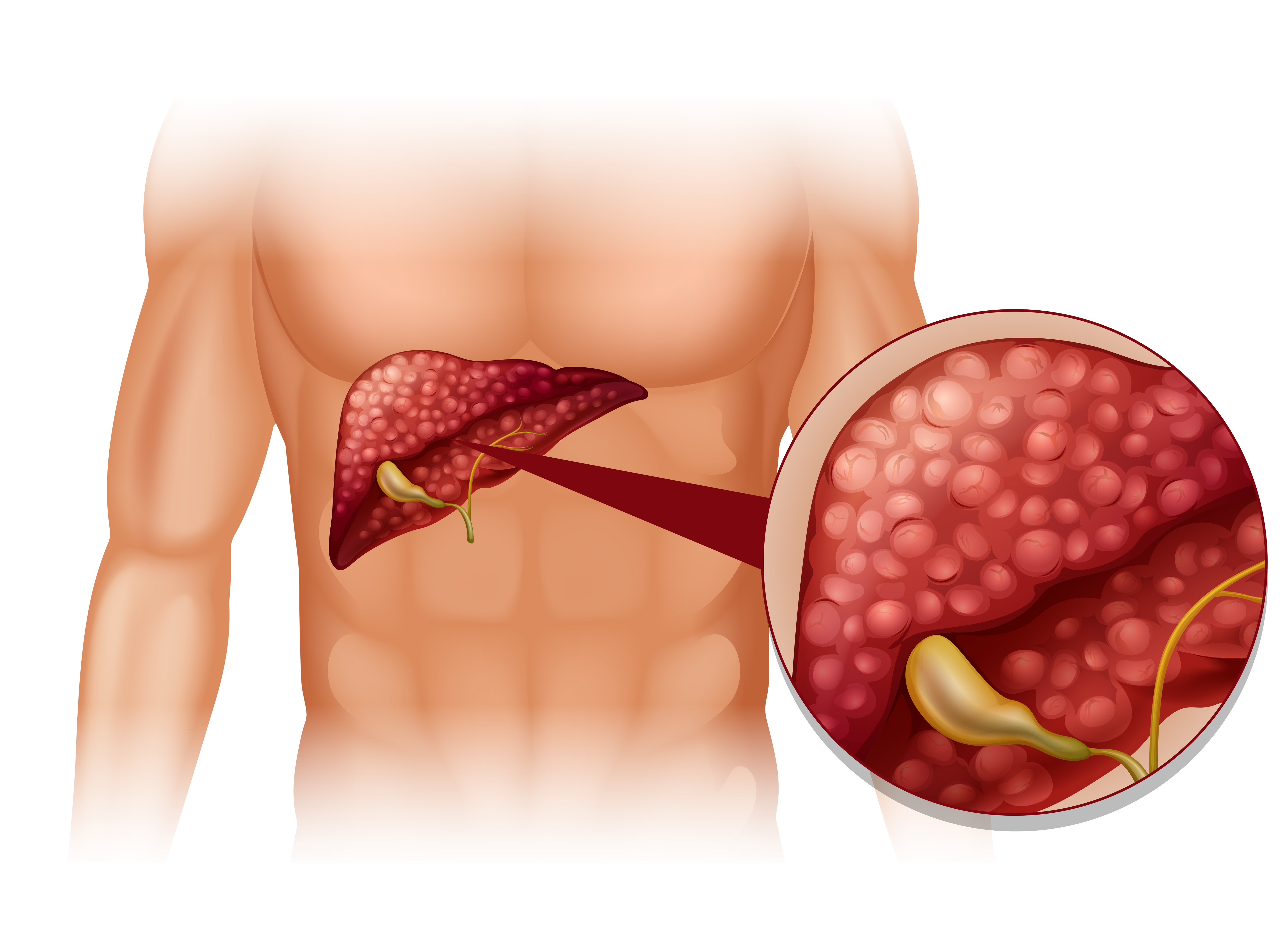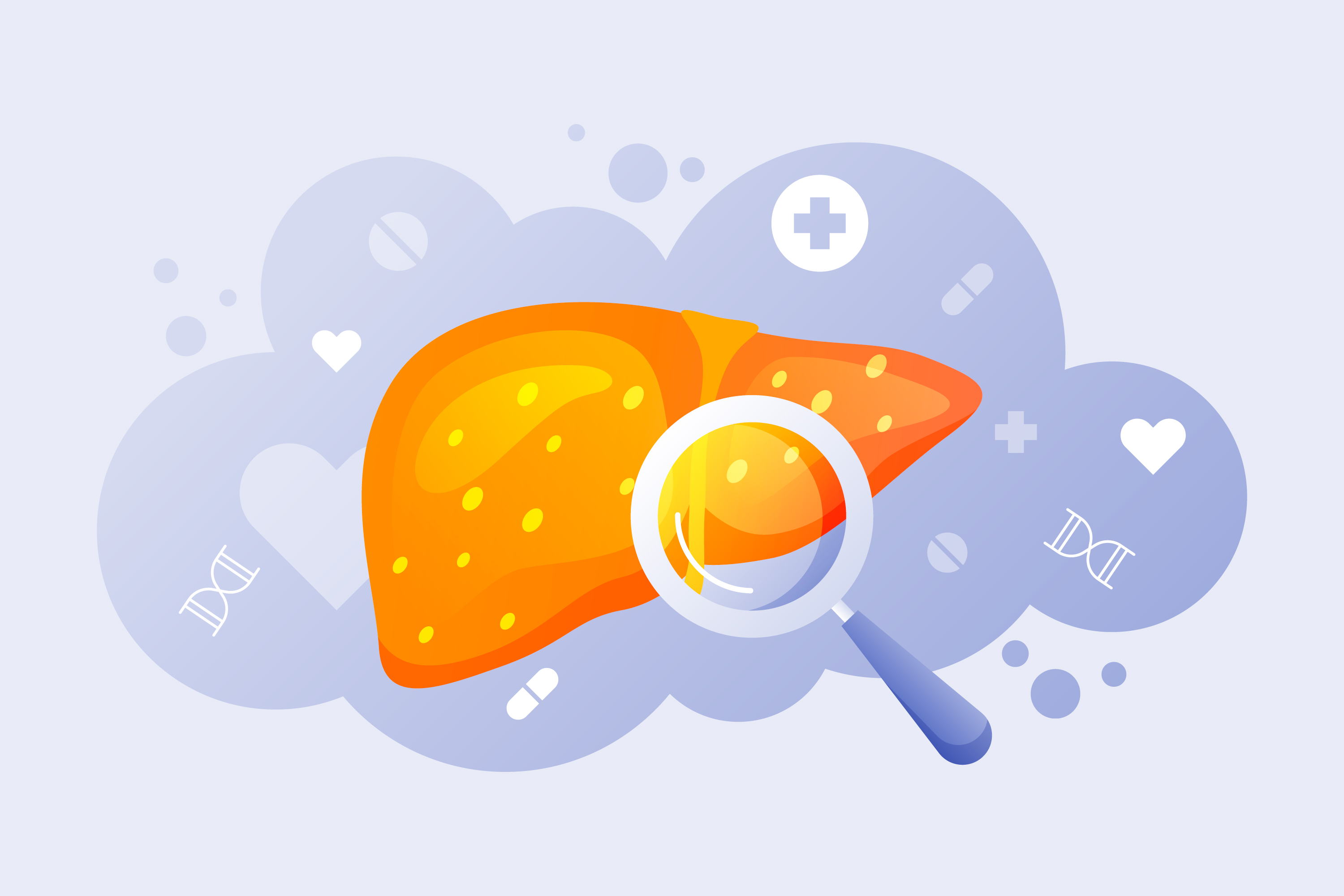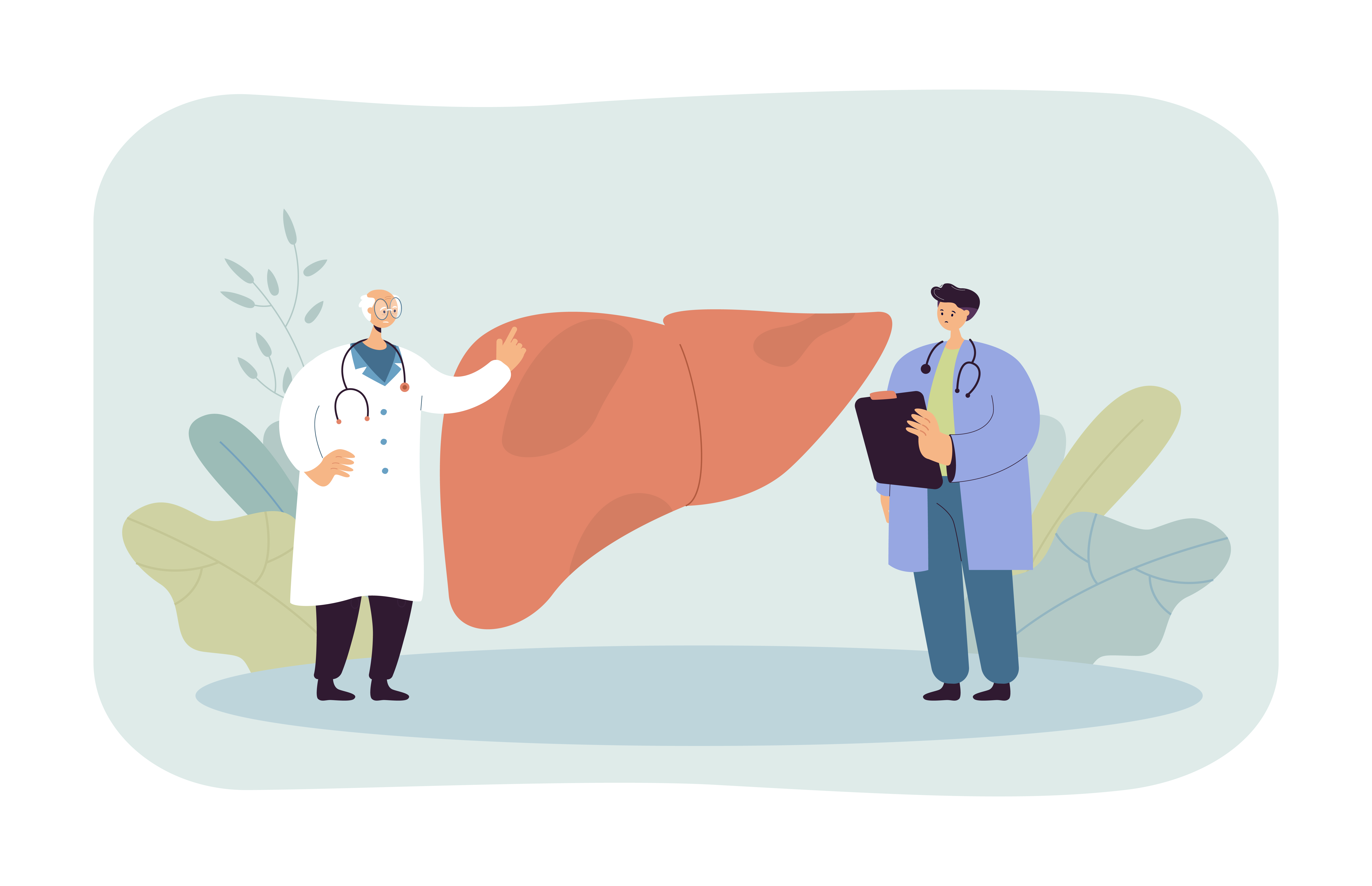

Liver tumors, a potentially life-threatening condition, have been a growing concern worldwide. They can be categorized into benign liver lesions and malignant liver growth. Among the malignant tumors, hepatocellular carcinoma, cholangiocarcinoma, and hepatic metastasis are some of the most worrisome.
Detecting these tumors early can make a significant difference in the prognosis and overall outcome for patients. In this blog, we will explore the importance of early detection of liver tumors and provide insights into liver tumor diagnosis, symptoms, and treatment options.
So, let’s get started!
What is a Liver Tumor?
Liver tumors, or liver masses, refer to abnormal growths in the liver tissue. These growths can be benign or malignant. Benign liver lesions, such as focal nodular hyperplasia and hemangioma of the liver, are non-cancerous and typically do not pose a significant health risk. However, malignant liver tumors, including HCC and cholangiocarcinoma, are cancerous and require immediate medical attention.
Types of Liver Tumors
The following are some types: -
Hepatocellular Carcinoma (HCC) - This is the most common form of primary liver cancer, originating in the liver cells themselves.
Benign Liver Lesions - These non-cancerous growths include hemangiomas and focal nodular hyperplasia.
Hepatic Metastasis - Secondary tumors that have spread to the liver from other parts of the body.
Cholangiocarcinoma - A rare cancer that forms in the bile ducts within the liver.
The Importance of Early Detection

The following are some reasons: -
1. Liver Cancer Symptoms
Detecting liver tumors at an early stage is challenging because they often do not exhibit noticeable symptoms in their initial phases. However, as they progress, various symptoms may manifest, including:
Unexplained weight loss - If you notice a sudden drop in your weight despite no change in diet or exercise, it could be a sign of a liver tumor.
Loss of appetite and nausea - These are prevalent symptoms of liver tumors and could be an indication that your liver isn't working properly.
Abdominal swelling and pain - If you're experiencing any discomfort in your upper-right abdomen or swelling in the area, it could be an indication of a liver tumor.
Jaundice - This is characterized by yellowing of your skin and eyes, and it happens when the liver can't process bilirubin effectively.
Fatigue - Constantly feeling tired or weak can be a symptom of liver tumors and is often associated with the other symptoms listed above.
When these symptoms become evident, the tumor may have already advanced to a more critical stage, making treatment more complex and less effective.
2. Liver Lesion Diagnosis
Early detection involves precise diagnosis of liver lesions. Imaging techniques like computed tomography (CT) scans, magnetic resonance imaging (MRI), and ultrasound play a pivotal role in identifying and characterizing liver masses. Hepatic tumor imaging can help determine the size, location, and characteristics of the tumor.
3. Treatment for Liver Masses
Early detection opens up a broader range of treatment options for patients. In the case of benign liver lesions, close monitoring and periodic imaging may be sufficient. However, for malignant tumors, early intervention is crucial. Treatment options may include:
Surgical resection
Liver transplant
Radiofrequency ablation
Chemotherapy
Targeted therapy
The choice of treatment depends on factors such as the tumor's size, location, and stage.
Top Tips to Avoid Liver Tumors! Top 8 Tips!

Preventing liver tumors should be a priority for everyone as liver health is essential for overall well-being. While some risk factors for liver tumors, such as genetics and pre-existing liver conditions, cannot be changed, there are proactive steps you can take to reduce your risk and promote a healthy liver.
1. Embrace a Healthy Lifestyle
Maintaining a healthy lifestyle is paramount for liver health. Here are some key aspects to consider:
Balanced Diet - Consume a diet rich in fruits, vegetables, whole grains, and lean proteins. Reduce the intake of processed foods, saturated fats, and sugars. A balanced diet provides essential nutrients that support liver function.
Regular Exercise - Incorporate regular physical activity into your routine. Exercise helps control weight, improve insulin sensitivity, and reduce fat accumulation in the liver. Aim for at least 150 minutes of moderate-intensity exercise per week.
Limit Alcohol Consumption - Excessive alcohol intake is a leading cause of liver damage, including cirrhosis and liver cancer. If you choose to drink alcohol, do so in moderation, adhering to recommended guidelines.
2. Get Vaccinated Against Hepatitis B
Hepatitis B is a known risk factor for liver cancer. Getting vaccinated against hepatitis B is a crucial step in preventing both the virus and its potential consequences. Consult with your healthcare provider to ensure you receive the necessary vaccinations.
3. Prioritize Regular Check-ups
Routine check-ups and screenings are essential, especially if you have a family history of liver disease or other risk factors. Regular medical assessments can detect liver issues at an early stage when they are more manageable. Discuss your concerns and history with your healthcare provider to determine an appropriate screening schedule.
4. Avoid Harmful Substances
Steer clear of harmful substances that can harm your liver:
Illicit Drugs - The use of illicit drugs can severely damage the liver over time. Seek support and treatment if you are struggling with substance abuse.
Unnecessary Medications - Some medications, when taken unnecessarily or in excessive quantities, can burden the liver. Always follow your healthcare provider's recommendations regarding medications, and inform them of any supplements or over-the-counter drugs you are taking.
5. Protect Against Toxins
Exercise caution when dealing with chemicals and toxins that have the potential to harm the liver. This includes:
Household Chemicals - When using household cleaning products or pesticides, ensure proper ventilation and follow safety guidelines to minimize exposure.
Workplace Hazards - If your job involves exposure to industrial chemicals or toxins, wear appropriate protective gear and follow workplace safety protocols.
6. Maintain a Healthy Weight
Obesity is a significant risk factor for liver cancer. Strive to maintain a healthy weight through a balanced diet and regular exercise. Shedding excess pounds can reduce the risk of fatty liver disease and related complications.

Conclusion
Early detection is key to successfully treating liver tumors. With risk factors such as chronic hepatitis B or C, non-alcoholic fatty liver disease, and genetic factors, it's important to keep an eye out for symptoms such as unexplained weight loss, abdominal swelling and pain, and jaundice. Diagnostic tests such as blood tests, imaging tests, and biopsies can help detect liver tumors, and treatments such as surgery, liver transplants, and chemotherapy can be effective.
Prevention methods such as getting vaccinated for hepatitis B and avoiding alcohol and cigarettes can also be helpful. Stay healthy and vigilant for the best chance at early detection and successful treatment.